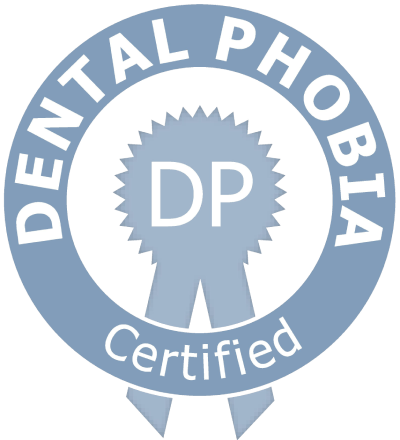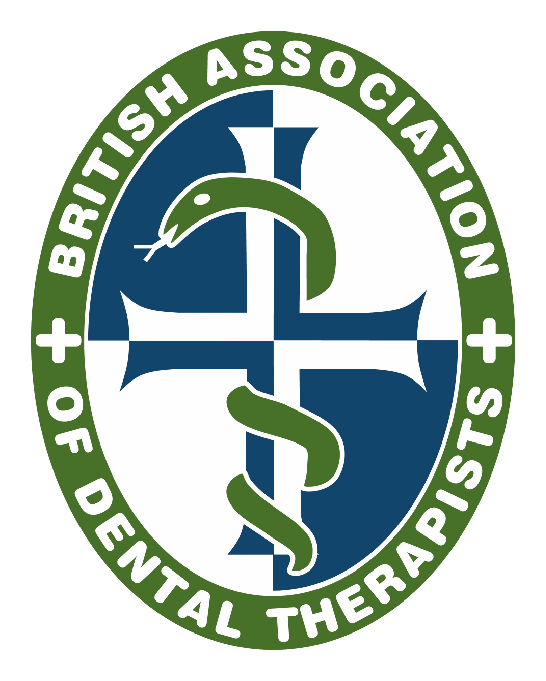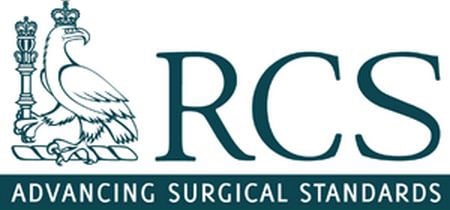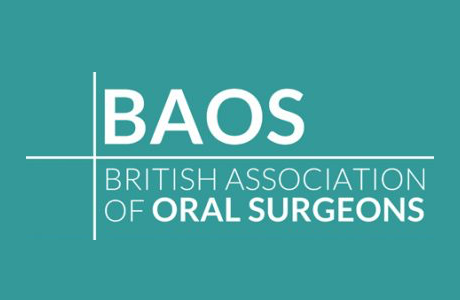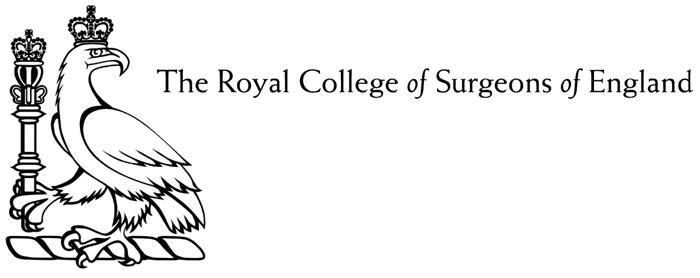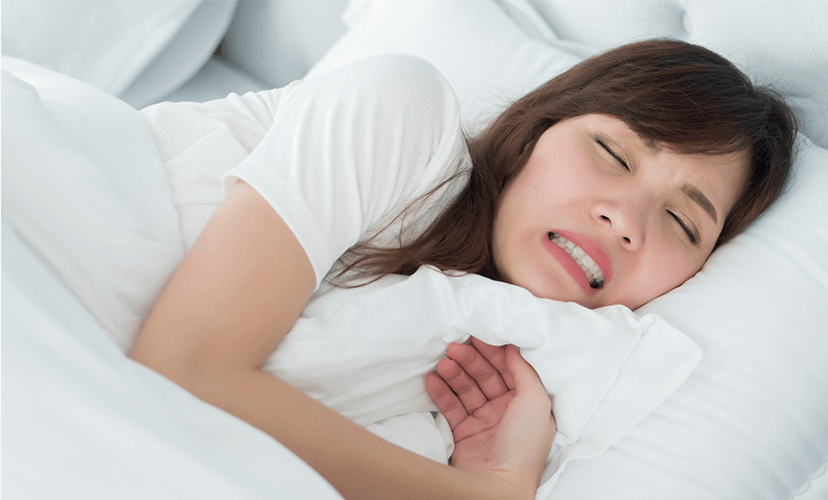
All About Bruxism (Teeth Grinding)
What is Bruxism?
Bruxism is the name given to teeth grinding, typically involving a clenched jaw, and usually occurs while asleep. It can be caused by genetics, stress, misaligned teeth, certain medications, eating disorders or temporomandibular joint (TMJ) disorders and health conditions such as Parkinson’s disease.
Some lifestyle habits also affect the likelihood of developing bruxism. These include smoking, drinking alcohol, the use of recreational drugs and consuming too much caffeine.
What are the symptoms of bruxism?
If left untreated, teeth grinding can wear down the protective tooth enamel, resulting in sensitivity. Symptoms include headaches, facial pain, pain in the jaw, neck or ear, and temporomandibular joint problems. People often don’t know they are grinding their teeth until someone else hears it and points it out. For this reason, many people don’t realise they suffer from teeth grinding until damage has already occurred.
Treatments for bruxism/teeth grinding
Treatment for bruxism can depend on your symptoms or the underlying cause. The condition usually resolves in children and teenagers once the adult teeth have stopped growing, however your dentist can provide a protective mouthguard for long-term grinders. This protects the enamel on your teeth but it’s important to take good care cleaning the mouthguard to prevent any bacteria. Bite splints are another good option.
If you think you might be suffering from bruxism/teeth grinding be sure to book in for a check up and one of our dentists can talk you through the solution that might be right for you.

 Book Online
Book Online







